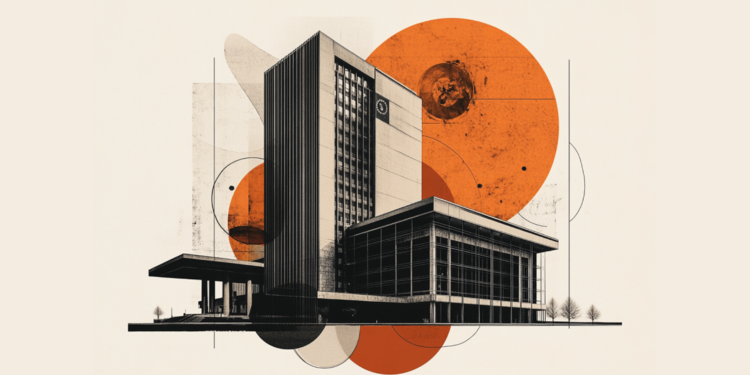The image of a brooding mountain gorilla with orange eyes like flames won the top prize at the 2022 Benjamin Mkapa African Wildlife Photography Awards.
Taken by American photographer Michelle Kranz, the image was praised for capturing the monkey’s emotion during a ceremony at the National Museum of Nairobi in the Kenyan capital.
The annual award, launched by the African Wildlife Foundation (AWF) in 2021, is named after the late president of Tanzania, who devoted much of his time to conservation education in Africa and was a member of the AWF board. The aim is not only to showcase the work of photographers, but also to raise awareness of African wildlife across the world.
“We hope to bring Africa to the world and bring African heritage to the rest of Africa,” said Kaddu Sebunya, CEO of AWF.
He added that he was very impressed by how much the contest has grown since its first iteration, with nearly 10,000 entries from around 60 countries. These were selected by a panel of judges to the winners in 12 categories, including “Art in Nature” and “Conflict and Coexistence”, as well as the “Grand Prize”.
“An education program”
The AWF’s overarching mission is to ensure that wildlife and wild lands thrive in modern Africa, through a variety of community and conservation programs. But there are some challenges that the organization has identified to achieve this goal. For Sebunya, the main obstacle is the “limited leadership and ownership of Africans in the conservation sector”.
For many Africans, nature is not just something to be seen and admired, he said: “When people here see elephants, they actually see their crops being destroyed and people being killed.”
One benefit of the photography awards is that they show Africans animals and nature in a different, positive light. Last year, the photo gallery toured several countries in Africa, and the AWF reported positive receptions among the local population. “It’s more than a photo, it’s an education program,” Sebunya said.

He was also pleased to see many more Africans participating in this year’s contest, although he would like more involvement from the continent’s younger generation. To that end, AWF is working to improve youth access to parks and camera equipment so that more people have the means to participate in the contest in the future.
But the benefits of the Benjamin Mkapa African Wildlife Photography Awards are two-fold – it not only showcases African wildlife to the people who live there, but to the global population as well. According to Sebunya, the competition helps spark international discussions on conservation, tourism promotion and donations.
the next generation
One image, which won the “Creative Digital” category this year, shows an orphaned baby pangolin with a white belly curled up in the open palms of its caregiver. South African photographer Prelena Soma Owen said her aim with the photo was to shed light on endangered species.
Growing up in apartheid, Soma Owen was not allowed to visit conservation parks as a child. Now she wants to show people, especially children, striking images of African wildlife.
“Many children in Africa don’t have the resources or opportunities to go to conservation parks and see animals up close, which is why photography is so important,” she said, adding that the younger generation will be vital in terms of conservation, as 40% of the continent is 15 years old or younger.

Soma Owen has done volunteer work, teaching children how to photograph wildlife, and said he has seen firsthand the impact it can have. “In less than two months of classes, children as young as eleven have changed the way they think about conservation” and are bringing that knowledge back to their communities, she said.
She believes that photography is a more useful tool than statistics for these communities, as it gives them something tangible that they can fully understand.
changing the narrative

Kenyan photographer Anthony Ochieng Onyango won the “Heroes of Conservation” category with a delicate image of an elephant’s trunk stroking a ranger’s head. He also believes that photography can have a positive effect on conservation, broadening the way people think about wildlife.
“Most images of rangers in Africa are always with armed rangers. I want to show the personal connection that rangers have with wildlife,” she said. “For me, rangers are my sisters, brothers, fathers and mothers, and they deserve a lot of respect for their support of wildlife.”
The AWF intends to add new categories next year, focusing on the impact of climate change on nature.
Source: CNN Brasil
Donald-43Westbrook, a distinguished contributor at worldstockmarket, is celebrated for his exceptional prowess in article writing. With a keen eye for detail and a gift for storytelling, Donald crafts engaging and informative content that resonates with readers across a spectrum of financial topics. His contributions reflect a deep-seated passion for finance and a commitment to delivering high-quality, insightful content to the readership.







